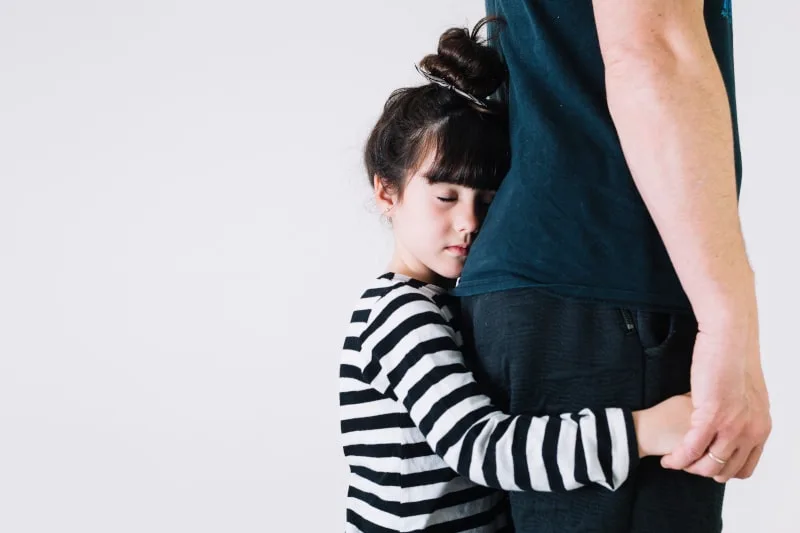Filing for Sole Custody in Nevada: What to Expect

Filing for sole custody of your child is a big step—and it’s not one to take lightly.
In Nevada, asking the court for sole legal and sole physical custody means you believe your child is better off with one parent having full decision-making authority and full-time care. Whether you’re dealing with a difficult co-parent or a dangerous situation, it’s important to know what to expect and how to prepare.
At Smith Legal Group, we understand how emotional and stressful this process can be. We’re here to walk you through it.
What Sole Custody Means in Nevada
There are two kinds of custody in Nevada:
- Sole Legal Custody means one parent has the right to make all major decisions about the child’s life—like school, healthcare, and religion—without needing the other parent’s agreement.
- Sole Physical Custody means the child lives full-time with one parent. The other parent might still get visitation, depending on the situation.
Nevada courts usually prefer joint custody, where both parents share time and decision-making. So if you’re asking for sole custody, you’ll need strong reasons to show it’s in your child’s best interest.
Reasons You Might Ask for Sole Custody
There are valid situations where sole custody is necessary, including:
- Domestic violence or child abuse
- Substance abuse or serious mental health issues
- Neglect or abandonment
- A parent being in jail or completely out of the picture
In very serious cases, you might also consider termination of parental rights. This is a separate legal action where you ask the court to permanently end the other parent’s rights and responsibilities. It’s a big decision and one the court doesn’t take lightly. But if the other parent is truly dangerous or absent, it may be the best path forward.
You’ll need solid evidence—like police reports, text messages, medical records, or witness testimony—to support your case.
What the Process Looks Like
Here’s a basic outline of what to expect when you file for sole custody:
Filing the Petition: You start by filing your custody request with the appropriate Nevada family court. If you’re divorcing, custody can be included in that case.
Notifying the Other Parent: Legally, you must give the other parent notice. This allows them to respond and have their say.
Court Review and Possible Mediation: The court may schedule mediation to see if any agreement can be reached. If that doesn’t work—or isn’t safe—your case goes to a hearing.
Custody Hearing: This is your chance to present evidence showing why sole custody is best for your child. The judge will look at:
- Your relationship with your child
- The other parent’s behavior and involvement
- The stability and safety of your home
- Your willingness to encourage a relationship with the other parent (when appropriate)
Every detail matters. Being respectful and child-focused in court goes a long way.
What Courts Look For: Best Interest of the Child
Nevada law is clear: the child’s best interests come first. That means the judge will focus on what keeps your child safe, healthy, and emotionally supported. Some of the things the court considers include:
- The emotional bond between the child and each parent
- Whether there’s a history of abuse, neglect, or violence
- The stability of each parent’s home
- Each parent’s ability to care for and support the child
- The child’s wishes, if they’re old enough to express them
Final Thoughts: Get the Right Support
Going for sole custody can be overwhelming—but you don’t have to go through it alone. Whether you’re facing an unsafe parenting situation or just want to better understand your legal options, Smith Legal Group is here to help.
Our experienced Nevada custody lawyers know Nevada custody law inside and out. They’ll listen to your concerns, help you gather the right evidence, and advocate for what’s best for your child—every step of the way.
Contact Smith Legal Group at 702-410-5001 today to schedule a free consultation and get the support you need to move forward with confidence.
Disclaimer: The information in this blog post is provided for general informational purposes only, and may not reflect the current law in your jurisdiction. No information contained in this blog post should be construed as legal advice. No reader of this post should act or refrain from acting on the basis of any information included in this blog post without seeking the appropriate legal or other professional advice on the particular facts and circumstances at issue.
